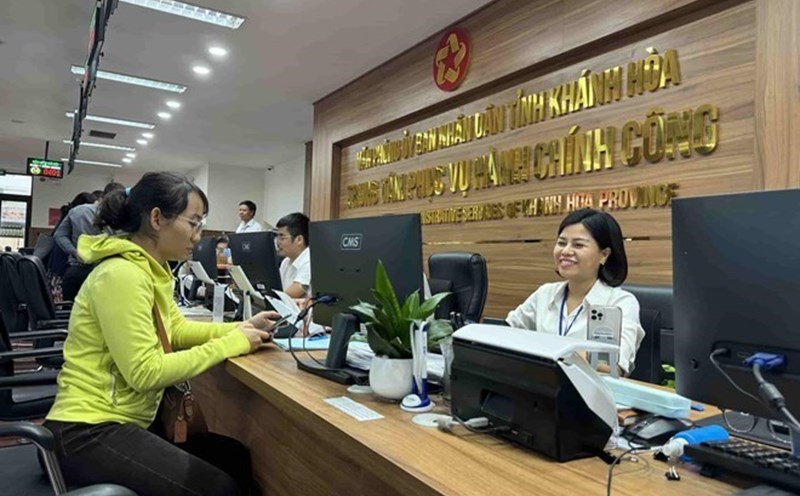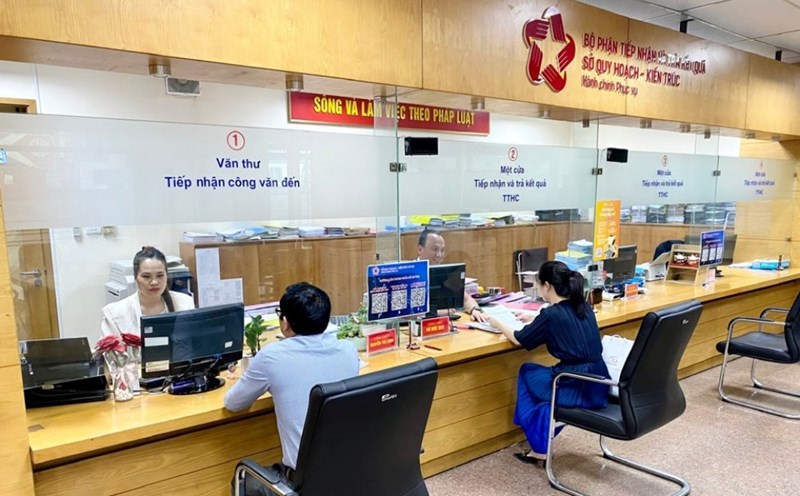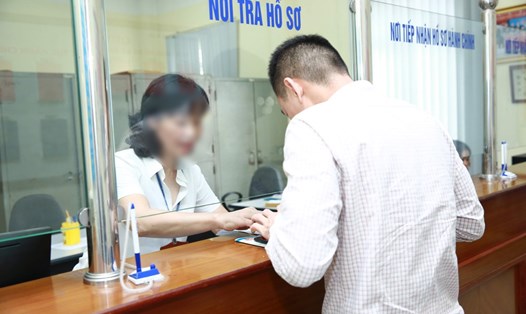The Ministry of Home Affairs is seeking opinions on the draft Law on Civil Servants (amended). The draft law is expected to be submitted to the National Assembly at the 10th session, which will take place in October.
The draft Law on Public Employees (amended) consists of 6 Chapters and 42 Articles (reducing 20 Articles compared to the current Law), designed according to the principle of inheriting and revising the contents of the Law on Public Employees 2010 (amended and supplemented in 2019) to comply with new regulations.
The draft law focuses on perfecting the human resource management mechanism in the direction of taking workers as the center, creating flexibility in the use of public-private human resources, creating a mechanism in attracting high-quality human resources, cutting administrative procedures, overcoming limitations and shortcomings of current laws.
At the same time, meet the requirements of national governance innovation, build a team of professional, responsible, dynamic civil servants and serve the people.
The Ministry of Home Affairs stated that the current Law on Civil Servants has basically decentralized and completely delegated authority to ministries, branches, localities and public service units to implement.
The draft Law on Public Employees (amended) continues to promote the content of decentralization and delegation of authority in the work of recruiting and managing civil servants.
Accordingly, the head of the public service unit decides on the recruitment, management and use of civil servants and employees under his/her management authority at an autonomous level;
The specialized management ministry develops standards, professional regulations, professional ethics, assessment toolkits and Evaluation Regulations for civil servants under its management authority;
Public service units develop regulations on assessment applicable to their units, as a legal basis for implementing assessment, quality classification and implementing policies for civil servants.
The draft law does not stipulate exams and promotion considerations, thereby reducing 2 procedures compared to the current Civil Servants' Law.
Notably, the Ministry of Home Affairs proposed to stipulate a new mechanism to serve as a basis for salary payment in the direction of not being associated with the civil servant professional title rank, accordingly, the regulation on considering promotion of civil servant professional title will be removed.











